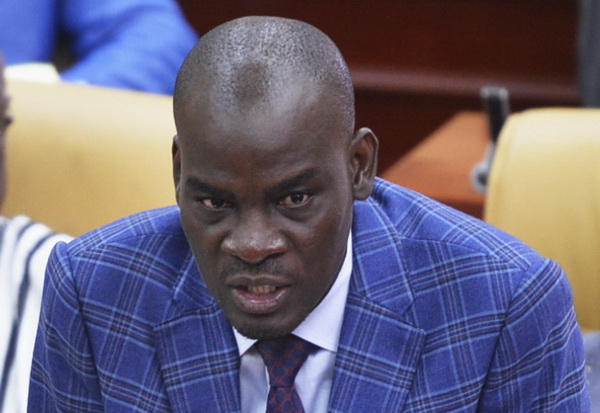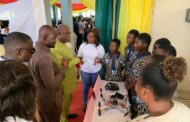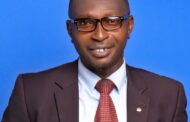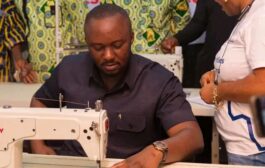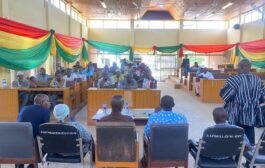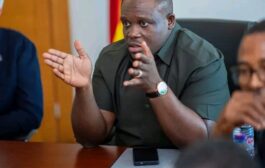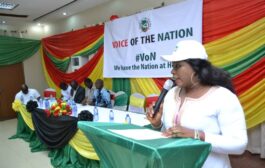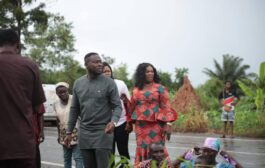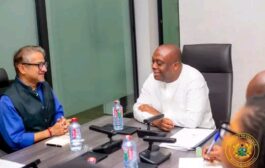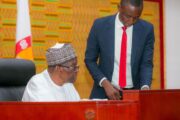Education Minister Haruna Iddrisu has tasked the newly inaugurated Ghana Education Service (GES) Council to work with other stakeholders to develop Ghana’s first-ever comprehensive Digital Education Policy by early 2026.
Speaking at the official inauguration of the Council at the Ministry of Education, the minister stated that the proposed policy is part of a broader vision to transform education in Ghana by investing in infrastructure and teacher development, among other things.
“On your shoulders rests the future of Ghana’s education. The president expects that before the end of this year and into early 2026, you will work with stakeholders to deliver a robust digital education policy that integrates ICT from the kindergarten level to the secondary level,” he said.
Haruna Iddrisu said the government remains committed to free, compulsory, and universal basic education, assuring that this priority will not be compromised by other flagship programmes.
He also underscored the need to address pressing challenges such as the double-track system in SHS, calling it an “uncomfortable truth” that has led to overcrowding, reduced contact hours, and a decline in academic quality.
“We are not here to manage an education crisis; we are here to solve it,” the sector minister stated, adding that the government will roll out a nationwide infrastructure programme under President Mahama’s “Big Push” initiative to abolish the system.
The minister disclosed that a new mathematics curriculum for blind students is being developed, along with a Ghanaian Sign Language curriculum to support deaf students. He also highlighted efforts with the National Council for Curriculum and Assessment (NaCCA) to embed ethics, integrity, and patriotism into the revised national curriculum.
On teacher welfare, the minister assured that future educational infrastructure projects would incorporate teacher accommodation and announced a review of the teacher licensing exams to maintain professional standards. He also warned school heads over complaints about poor-quality food supplies, stating that the president had taken a personal interest in the matter.
He further urged the West African Examination Council (WAEC) to align Ghana’s academic calendar with regional standards to prevent unnecessary delays in university admissions.
He called for a national means test to better target free education resources and proposed a TVET Fund to support the National Apprenticeship Programme and technical education.
He maintained that education remains a fundamental human right, not a privilege, and urged the Council to lead transformative change that will position Ghana’s human capital as globally competitive.
“The task before you is not just to manage policies but to transform human lives,” he reminded the Council. “Ghana’s education system must be one that opens doors for every child, regardless of background.”
Source:Mybrytfmonline.com



